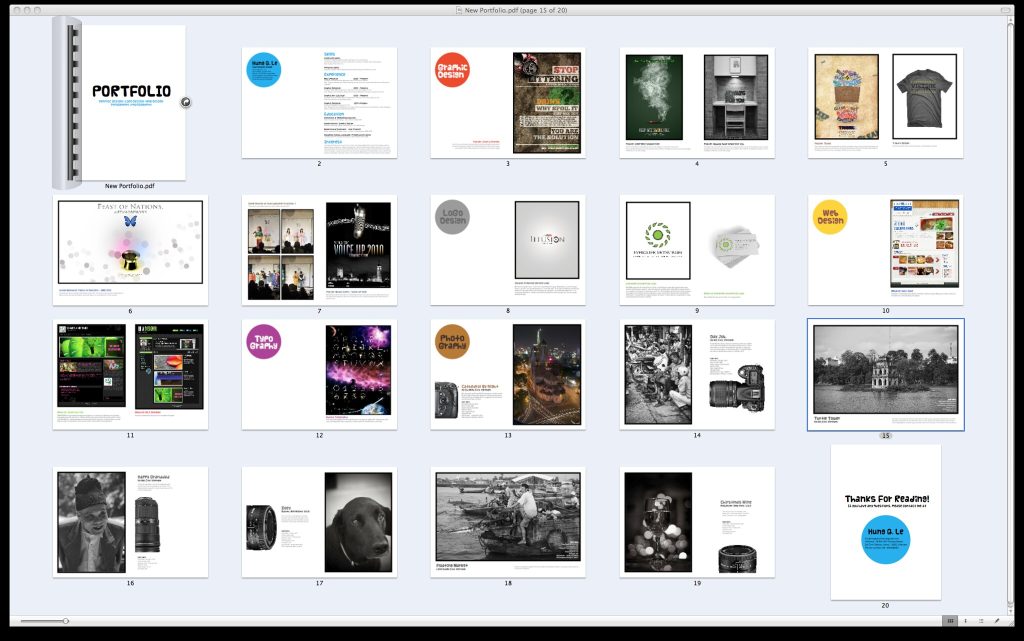9. Basic Advocacy Concepts
Open Resources for Nursing (Open RN)
Advocacy
The American Nurses Association (ANA) emphasizes that advocacy is fundamental to nursing practice in every setting. See Figure 10.1[1] for an illustration of advocacy. Advocacy is defined as the act or process of pleading for, supporting, or recommending a cause or course of action. Advocacy may be for individuals, groups, organizations, communities, society, or policy issues[2]:
- Individual: The nurse educates health care consumers so they can consider actions, interventions, or choices related to their own personal beliefs, attitudes, and knowledge to achieve the desired outcome. In this way, the health care consumer learns self-management and decision-making.[3]
- Interpersonal: The nurse empowers health care consumers by providing emotional support, assistance in obtaining resources, and necessary help through interactions with families and significant others in their social support network.[4]
- Organization and Community: The nurse supports cultural and social transformation of organizations, communities, or populations. Registered nurses understand their obligation to help improve environmental and societal conditions related to health, wellness, and care of the health care consumer.[5]
- Policy: The nurse promotes inclusion of the health care consumers’ voices into policy, legislation, and regulation about issues such as health care access, reduction of health care costs and financial burden, protection of the health care consumer, and environmental health, such as safe housing and clear water.[6]
Advocacy at each of these levels will be further discussed in later sections of this chapter.

Advocacy is one of the ANA’s Standards of Professional Performance. The Standards of Professional Performance are “authoritative statements of the actions and behaviors that all registered nurses, regardless of role, population, specialty, and setting, are expected to perform competently.”[7] See the following box to read the competencies associated with the ANA’s Advocacy Standard of Professional Performance.[8]
Competencies of ANA’s Advocacy Standard of Professional Performance[9]
- Champions the voice of the health care consumer.
- Recommends appropriate levels of care, timely and appropriate transitions, and allocation of resources to optimize outcomes.
- Promotes safe care of health care consumers, safe work environments, and sufficient resources.
- Participates in health care initiatives on behalf of the health care consumer and the system(s) where nursing happens.
- Demonstrates a willingness to address persistent, pervasive systemic issues.
- Informs the political arena about the role of nurses and the vital components necessary for nurses and nursing to provide optimal care delivery.
- Empowers all members of the health care team to include the health care consumer in care decisions, including limitation of treatment and end-of-life care.
- Embraces diversity, equity, inclusivity, health promotion, and health care for individuals of diverse geographic, cultural, ethnic, racial, gender, and spiritual backgrounds across the life span.
- Develops policies that improve care delivery and access for underserved and vulnerable populations.
- Promotes policies, regulations, and legislation at the local, state, and national levels to improve health care access and delivery of health care.
- Considers societal, political, economic, and cultural factors to address social determinants of health.
- Role models advocacy behavior.
- Addresses the urgent need for a diverse and inclusive workforce as a strategy to improve outcomes related to the social determinants of health and inequities in the health care system.
- Advances policies, programs, and practices within the health care environment that maintain, sustain, and restore the environment and natural world.
- Contributes to professional organizations.
Reflective Questions
- What Advocacy competencies have you already demonstrated during your nursing education?
- What Advocacy competencies are you most interested in performing next?
- What questions do you have about ANA’s Advocacy competencies?
Media Attributions
- 890px-Advocacy_-_The_Noun_Project.svg
- “Advocacy_-_The_Noun_Project.svg” by OCHA Visual Information Unit is licensed under CC0 ↵
- American Nurses Association. (2021). Nursing: Scope and standards of practice (4th ed.). American Nurses Association. ↵
- American Nurses Association. (2021). Nursing: Scope and standards of practice (4th ed.). American Nurses Association. ↵
- American Nurses Association. (2021). Nursing: Scope and standards of practice (4th ed.). American Nurses Association. ↵
- American Nurses Association. (2021). Nursing: Scope and standards of practice (4th ed.). American Nurses Association. ↵
- American Nurses Association. (2021). Nursing: Scope and standards of practice (4th ed.). American Nurses Association. ↵
- American Nurses Association. (2021). Nursing: Scope and standards of practice (4th ed.). American Nurses Association. ↵
- American Nurses Association. (2021). Nursing: Scope and standards of practice (4th ed.). American Nurses Association. ↵
- American Nurses Association. (2021). Nursing: Scope and standards of practice (4th ed.). American Nurses Association. ↵
Many students begin applying for their first nursing position before they graduate or take the NCLEX-RN. Read tips for employment in the following box.
| Tips for Employment |
|---|
|
During your job-search process, it is helpful to begin by reviewing Medicare’s quality ratings of health care agencies and providers. The “overall star rating” is based on how well the agency performs on various quality indicators and patient satisfaction surveys.
Review Medicare ratings of hospitals, nursing homes, home health agencies, and providers at www.medicare.gov/care-compare.
When applying for a job position, a resume and/or portfolio is typically included as part of the application process.
Resume
A resume is a document that highlights one’s background, education, skills, and accomplishments to potential employers. There are many types of resume formats, and some individuals elect to use online services to create a professional resume.
A resume typically includes the following components:
- Personal contact information
- Professional objective statement/Goals
- Education
- Work experience
- Awards and achievements
- Community service
- Languages, hobbies, volunteer experiences (optional)
When creating a resume, it is helpful to highlight skills and experience that separate you from the other candidates applying for the position. It is also helpful to tailor your resume to the skills and experience expressed in the job description.
- Read more details about what to put in a resume and nursing resumes and cover letters.
- View a sample resume.
- View a sample Online Resume Service.
Portfolio
A portfolio is a compilation of materials showcasing examples of previous work demonstrating one’s skills, qualifications, education, training, and experience. They can be submitted in electronic or paper form. See Figure 11.3[1] for an image of a sample electronic portfolio.

Some schools of nursing require portfolios to be completed throughout the program. These portfolios are a representation of work demonstrating the student's accomplishments.
Portfolios typically include the following:
- Personal contact information
- Resume
- Professional goals
- Skilled work with examples (e.g., a nursing care plan, process recording, teaching plan, etc.)
- Accomplishments (e.g., dean’s list)
- Degrees
- Certifications (e.g., CPR)
- Professional memberships (e.g., Student Nurse Association)
- Community service activities
- References (if requested)
- Read more about what to include in a portfolio.
- Visit an online portfolio service.
Interviewing
After applying for a position and submitting your resume and/or portfolio, you may be contacted to set up an interview. When you're interviewing for an RN position, you will be asked about your skills, experience, and your education. Some questions may be basic, such as, “Why did you become a nurse?” Other questions may be more difficult to answer, such as “Explain your strengths and weaknesses as an RN.” See Figure 11.4[2] for a simulated interview.

Interviewing for a new position can cause anxiety because you are required to answer questions and provide examples. A strategy to make the interview process easier and reduce anxiety is to prepare answers for commonly asked questions prior to the interview. Completing this task will help you prepare and increase your confidence. See common interview questions in the following box. It is helpful to tailor your answers to the skills and experience provided in the position description of the job you are seeking.
| Common Questions During an Interview |
|---|
|
Prior to your interview, research the organization's website. Be aware of their mission and vision statements and any “current events” in the news. Interviewers are impressed when an applicant has taken the time to learn about the organization and demonstrates interest.
Interviews may take place face-to-face, virtually on a computer, or over the phone. If you are interviewing face-to-face or virtually, dress for success in professional attire. If interviewing virtually, be sure to decrease distractions at home by turning off your phone and conducting the interview in a quiet space. Establish good eye contact with the interviewer and speak in a confident manner. Remember, this is the time to “sell your nursing self,” so highlight your achievements and what you are proud of accomplishing. See additional tips for interviews in the following box.
| Tips for Interviews |
|---|
|
The interview process is also an opportunity for you to determine if this position and agency is a good fit for you. Remember that it is important to select an agency that has good ratings for providing safe patient care and patient satisfaction. It is not worth taking a position that may place your nursing license at risk. Ask questions of the interviewer to clarify your understanding of the job position and expectations, agency policies, and workplace culture. Suggested interview questions are listed in the following box.
| Questions for Interviewer |
|---|
|

